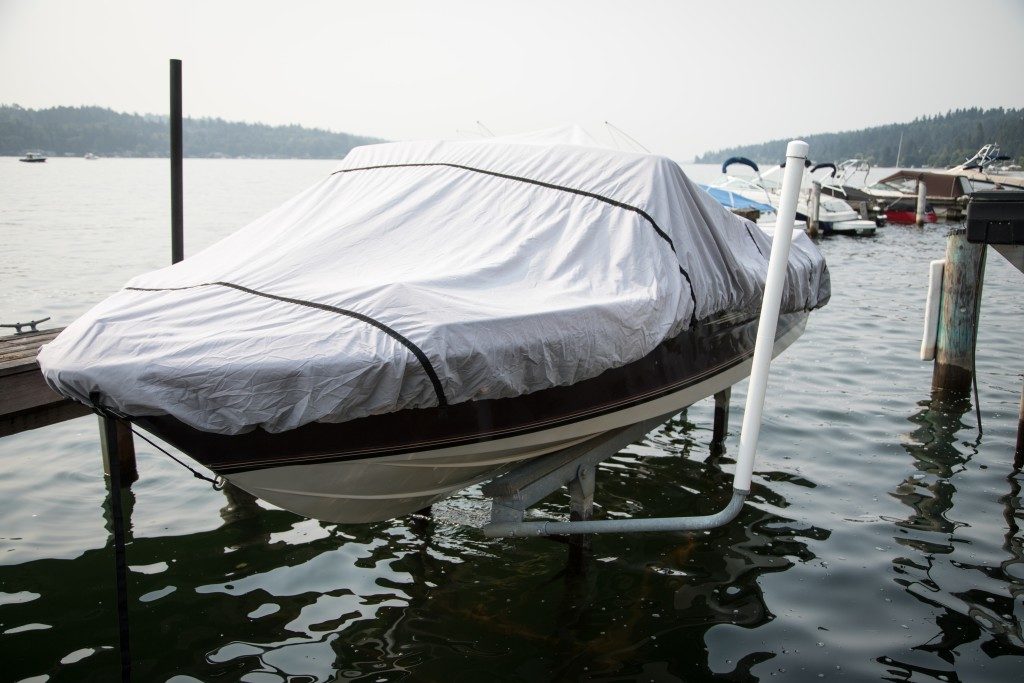The most important thing you have to think about is the kind of boat that matches your needs and your lifestyle. Whether you love extreme sports activities like wakeboarding or you simply want to cruise along with your family and loved ones, these are some things to remember. The moment you figure out what exactly you are looking for, you are now all set for the boat acquisition process.
Sit down and set a budget
Factor in the cost of the boat following certain considerations like model and size. Determine how much of your budget you wish to allocate for the boat. Be sure to consider other important matters, as well, including the following.
- Fuel
- Registration fees
- Docking fees
- Boat maintenance
- Storage
- Navigation tools
- Trailer
- Insurance
- Taxes
Find the right size for you

The size of your boat will affect its overall maintenance, cost, storage, and operation. You can answer this by going through the following questions.
- What is the best size you need for your boat? Various environments can limit various sizes of your boat.
- How big is the boat that you wish to operate? You have to consider your nautical skills and information about this. If you are a newbie, a small boat can be the best choice for you.
Know the difference between a new and old or used boat
When purchasing brand new ones, check the local boat shows and boat dealers in Grand Lake, OK. It is crucial to know that they will give you the right guidance and support when looking for your perfect boat.
Used boats, meanwhile, have their fair share of advantages and disadvantages. If you prefer the used one, you have to make sure you know the details below to avoid any expensive issues or repairs in the long run. Know the following.
- Maintenance Records – Check maintenance records and ascertain any prospective issues ahead.
- Steering – Have a test drive yourself to know the boat’s usability and maneuverability.
- Hull Identification Number (HIN) – Have a closer look at the HIN and ensure that this matches the numbers found on your boat registration and title.
- Internal Smell – Check for musty and odd odors, which can signal leaks or lurking water damage. This can cause you a headache later on.
- Boat Equipment – Inspect all available boat tools and equipment and make sure they are in legal compliance.
- Windows and Hatches – Check for any water stains, which can mean cracks and leaking seals on your boat.
- Paint and Other Scratches – The presence of chipped or cracked paint can mean that it has undergone repair from a certain collision. Ask your dealer about it.
- Water Lines – Check the cabin and interior walls for any rust, corrosion, and other damages, which are indicative of leakages.
- Valuation – Ask the real value of the boat from reputable sources such as the NADA Boat Pricing Guides and BUC Used Boat Price Guide. They are easily accessible online or at a bank of dealers near you. You can also have a marine surveyor check on the boat and assess it.
